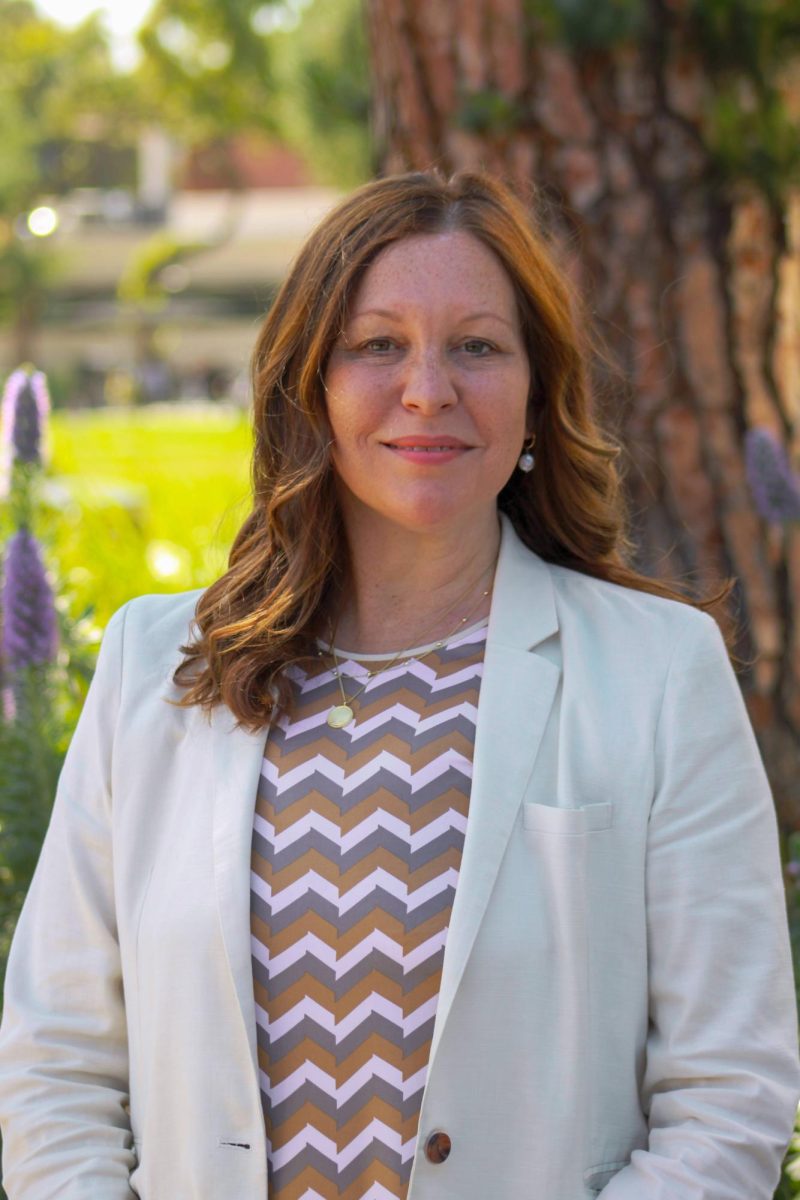Senior Staff Writer
It’s the end of an era. Relationships have been dethroned and the “hook up” has stolen the crown. The non-committal hookup can range from dates to casual sex, with many men and women participating. Hooking up has become rampant in modern-day America and is alive and well at CSUB.
From kissing to consummating, hooking up is the college student buzzword which represents everything and anything physical and very rarely emotional.
According to Laura Stepp, a reporter for The Washington Post, the definition of hooking up “is intentionally ambiguous because this generation can describe anything they want under that umbrella.” Stepp, author of the book “Unhooked: How Young Women Pursue Sex, Delay Love and Lose at Both,” contends that young people are not prepared for the emotional consequences of hookup culture but are immersed in the social forces that contribute to it.
“I’m not looking for a serious relationship right now,” said Christopher, a 23-year-old CSUB student who requested that his last name not be printed. “I’m way too busy with work and school. Hooking up is a way to have fun with a girl without getting too involved. Besides, relationships cause too much drama.”
Christopher is not alone in his philosophy that relationships are too much work.
According to Stepp, “dating has too much commitment for comfort.”
Today’s younger generation appears prize having a carefree good time with love and marriage taking the backseat.
Hookup culture is considered by some individuals to be the result of popular culture. TV, movies and music perpetuate the idea of sex for the sake of pleasure rather than an act that was once considered sacred. Television shows ranging from “Jersey Shore” to “The Young and the Restless” show countless sexual encounters with disposable partners.
“I remember coming home to watch ‘The Real World’ after school,” said Mary, a 20-year-old CSUB student. “I would see the people on the show having sex with different partners and I remember being grossed out. I still gross out at the idea of [expletive] someone after just meeting them. Whatever happened to romance? So I’m single. And I’ll stay single until I meet someone I want to sleep with because we are in love, not because we are bored.”
The increasingly equal treatment of the sexes could be the culprit. According to Dr. Lisa Wade, an assistant professor of sociology at Occidental College, “improved gender equality is leading women to express themselves as men have for decades, which is in a sexual manner with a relaxed mentality. Embracing equality and seeking self-fulfilling careers has young women looking for Mr. Right-Now rather than Mr. Marriage Material.”
While the origin of the hookup may never be known, it does have the potential to cause a damning effect on those who engage in sexual roulette: sexually transmitted diseases.
“I won’t say which disease I’ve contracted from a hookup, but I will admit I’ve had one,” said Marcus, a 26-year-old CSUB student. “In the homosexual community, hooking up is no big deal. My boyfriend and I are exclusive, but we know that each of us has had quite a few partners.”
“We both get tested every six months to make sure that neither one of us got AIDS somewhere along the way,” Marcus added. “At one point in my life, being fabulous was desired, not required, to get with me. Now, I’ve calmed down. You never know what anyone has [sexually] anymore.”
Hookup culture may seem harmless but could have many disastrous outcomes, from pregnancy to sexually transmitted diseases. According to the California Department of Health Services, Kern County has had more than 5,000 cases of chlamydial infections reported to the Center for Disease Control in 2008 alone, followed by 6,909 cases of gonorrhea. While these numbers reflect how many cases were diagnosed and reported to the California Department of Health, the reality is that more individuals could be infected with an STD but remain untreated.
According to the Center for Disease Control and Prevention’s website on sexually transmitted diseases, “sexually active individuals should be tested once a year”. These yearly exams with your doctor can help prevent or catch some diseases, such as syphilis, while the STD is in its early stages and can be treated more easily. Other ailments such as genital herpes, chlamydia, human papilloma virus (HPV) and HIV can be more difficult for individuals to be made aware of since “the diseases often display no symptoms.”
While not everyone at CSUB engages in casual sex, being tested for STD’s after becoming sexually active is highly advisable. The Student Health Center on campus provides a safe, private environment to be tested for sexually transmitted infections along with a variety of other medical assistance.
“What’s going to prevent sexually transmitted diseases is communication,” said Erika Delamar, CSUB’s Health Promotion and Accreditation Coordinator. “When I think of hookups, it’s highly unlikely that you’re asking questions about health,” said Delamar. “The only person who is going to take care of you is you.”






